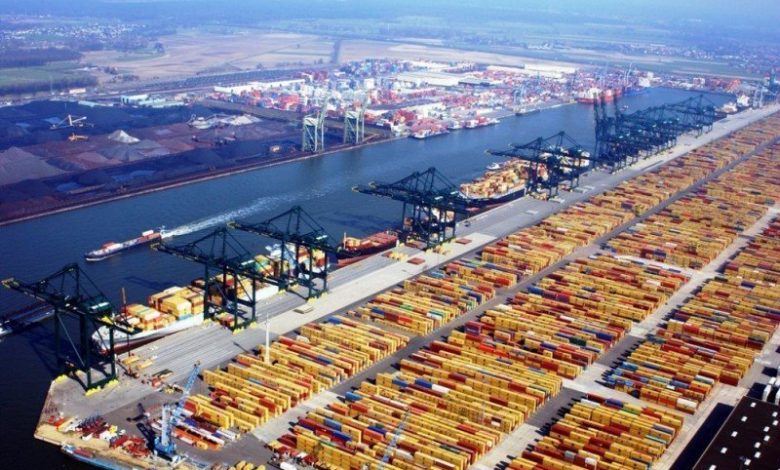Rotterdam seeks to become smartest port in the world with IBM tie-up

Europe’s largest port has staked a claim to become the world’s smartest too.
The Port of Rotterdam Authority and IBM are to collaborate on a multi-year digitisation initiative to transform the port’s operational environment using Internet of Things (IoT) technologies in the cloud to benefit the port and those who use it.
The initiative will also prepare the Port of Rotterdam’s entire 42 sq km site to host connected ships in the future. It begins with the development of a centralised dashboard application that will collect and process real-time water, and weather sensor data and communications data, analysed through the IBM IoT platform to enable a new wave of safer and more efficient traffic management at the port.
“Here in Rotterdam, we are taking action to become the smartest port in the world,” said Paul Smits, chief financial officer of the Port of Rotterdam Authority. “Speed and efficiency is essential to our business, and requires us to use all of the data available to us. Thanks to real-time information about infrastructure, water, air, etc., we can enormously improve the service we provide to everyone who uses the port, and prepare to embrace the connected, autonomous shipping of the future.”
As the largest port in Europe, the Port of Rotterdam handles over 461m tonnes of cargo and more than 140,000 vessels annually.
Sensors are currently being installed across 42 km of land and sea – spanning from the City of Rotterdam into the North Sea – along the port’s quay walls, mooring posts and roads. These sensors will gather multiple data streams about tides and currents, temperature, wind speed and direction, water levels, berth availability and visibility.
This data will be analysed by IBM’s cloud-based IoT technologies and turned into information that the Port of Rotterdam can use to make decisions that reduce wait times, determine optimal times for ships to dock, load and unload, and enable more ships into the available space. For example, the Port of Rotterdam will now be able to predict the best time based on water level, to have a ship arrive and depart Rotterdam, ensuring that the maximum amount of cargo is loaded on board.
The port claims the tie up with IBM will yield up an hour faster berthing times for ships, giving savings of up to $80,000 per ship call.
Cisco and Axians are also involved in the project.
IBM has become the go-to partner for many in maritime seeking to digitise operations over the past 18 months.
